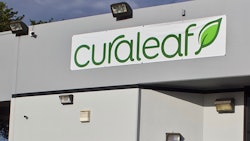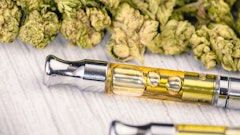
Pennsylvania dispensaries can once again sell vape products that the state’s Department of Health recalled from its medical cannabis program in February.
The decision came from a Commonwealth Court judge on June 15, according to The Philadelphia Inquirer.
And it follows a lawsuit that a broad coalition of cannabis industry members, patients, doctors and others called Medical Marijuana Access and Patient Safety brought against the department.
Hundreds of Vape Products Recalled From Pennsylvania’s Medical Cannabis Market: UPDATED
“We are thrilled about this decision,” said Judith D. Cassel, an attorney for the group and partner at Hawke McKeon & Sniscak LLP, according to the paper. “The vapes can go immediately back on the shelves, and the grower processors can continue or commence producing these vapes.”
In a press release, industry group Pennsylvania Cannabis Coalition (PCC), claimed that Pennsylvania’s Department of Health could not find an example of a single person who had been harmed during the state medical program’s five-year run.
The court determined that there was no basis for the department to justify the recall or for it to remain in effect, and “issued an injunctive relief on behalf of the cannabis community,” according to the release.
“The purpose of regulating medical marijuana is to ensure its safety and this ruling verifies what we already know—operators' products are rigorously tested, approved and safe,” PCC Executive Director Meredith Buettner stated in a press release. “As the state’s program surpasses its five year mark, it’s my hope that state regulators and advocates find common ground outside of the courtroom. Together, we can continue to grow this burgeoning industry by meeting more patient needs.”

























